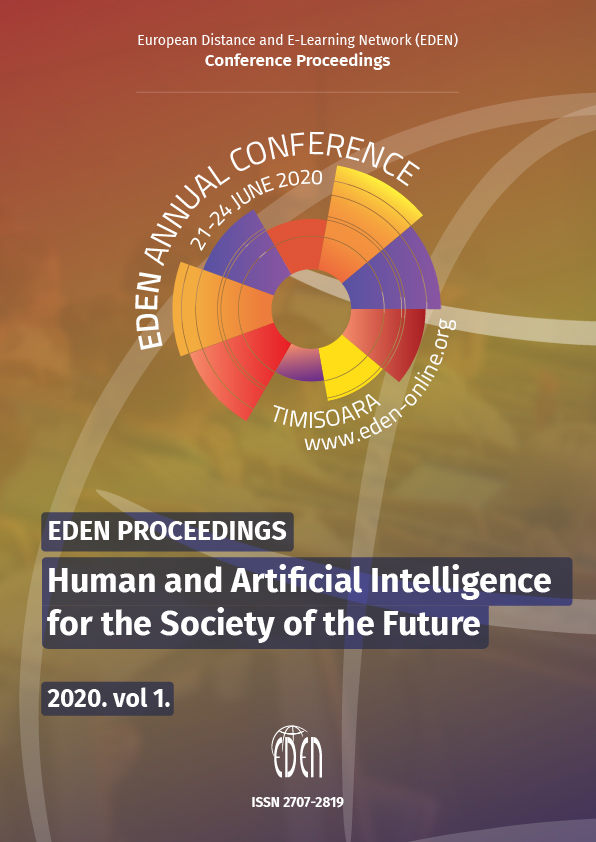Are Students Reading their Teachers’ Comments? The Impact of Digital Feedback in Adult Learning Secondary Education
Are Students Reading their Teachers’ Comments? The Impact of Digital Feedback in Adult Learning Secondary Education
Author(s): David Pinyol, Carme DuránSubject(s): Social Sciences, Education, Higher Education
Published by: European Distance and E-Learning Network
Keywords: Digital Education;
Summary/Abstract: This paper shows the results of an ongoing research project which explores the impact of digital feedback on adult learning at the Institut Obert de Catalunya (IOC), an online public school (Department of Education of Catalonia, Spain). The students are adults who did not obtain a qualification at the end of compulsory secondary education . The objective of these studies is twofold: to teach students basic life skills they should acquire to survive and thrive in contemporary society and to manage their lifelong learning. Within this context, feedback plays an important role as it has a huge influence on students’ learning gain. However, are students taking advantage of the teachers’ feedback to improve task performance? The research is based on the assessments made by students of their teachers’ feedback comments and the improvement those meant in the students’ task completions. We set out to answer two questions which arose from statements made by students: whether students received feedback effectively and whether that resulted in an improvement in their task completions. Seven closed-ended multiple choice questions together with an open-ended one were used to carry out this survey. The first set of questions were used to gather insight about the students’ opinions on the effectiveness of the feedback regarding content value, extension and clarity of message. With the open question, we tested how much information the students had retained from their teachers’ feedback messages, and which aspects of it they considered most relevant. These first findings provide new insight into the relationship between digital feedback and its impact on academic results.
Journal: European Distance and E-Learning Network (EDEN) Conference Proceedings
- Issue Year: 2020
- Issue No: 1
- Page Range: 364-372
- Page Count: 9
- Language: English

